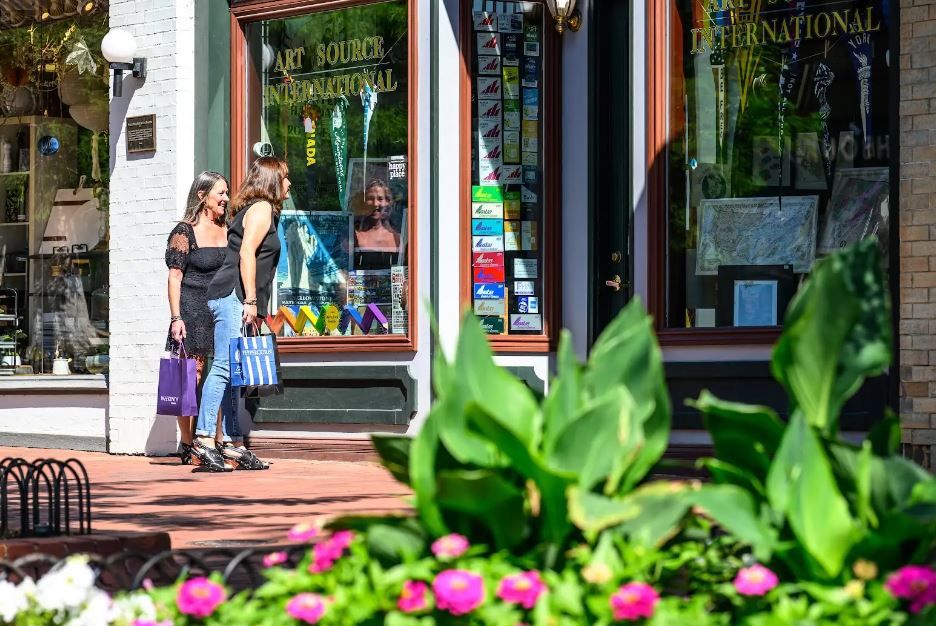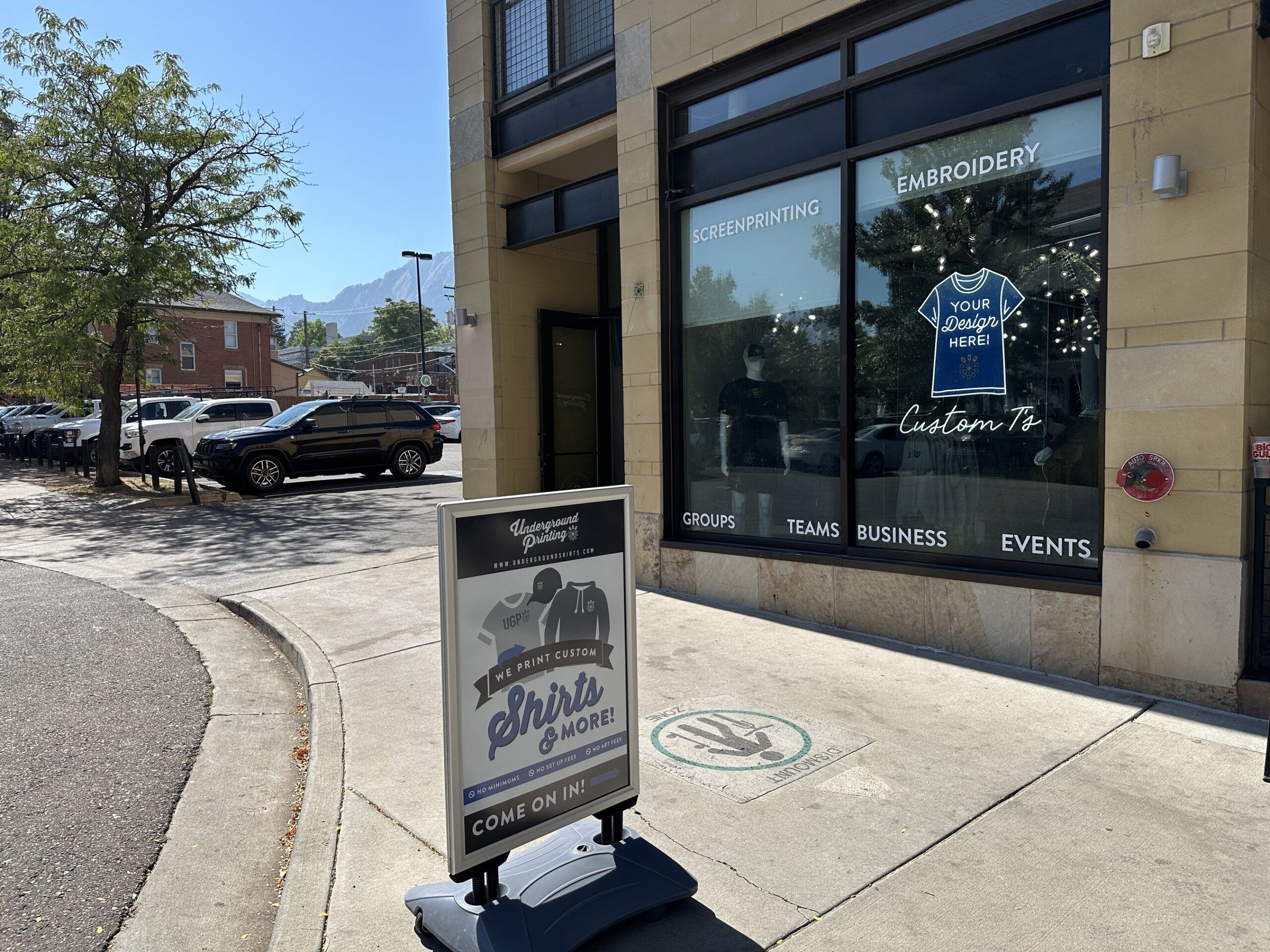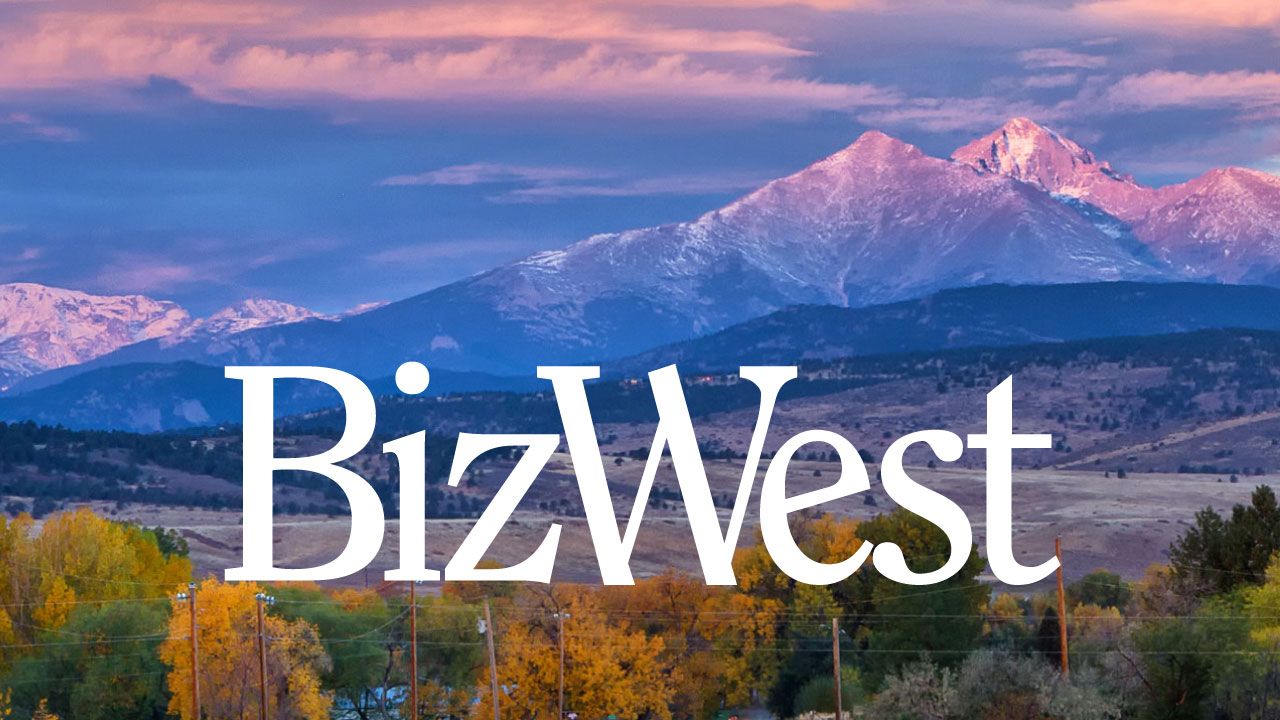Boulder company maps COVID-19 hot spots, sends alerts

BOULDER — To avoid the deadly novel coronavirus, there’s not yet a shot that can help. But maybe Jeff Schott can.
Schott’s 10-year-old Boulder-based company, Earthvisionz, has created a COVID-19 alert for people who have to be on the move in spite of the risk posed by the global pandemic.
“We’re really a decision-support platform, and we pull in all kinds of live data and map it,” Schott said. “We’ve got alerts for every imaginable kind of disasters and weather event, everything from floods and hurricanes and wildfires to things like smog alerts and reverse 911 alerts. This pandemic became the ultimate risk — like, ever. We have more than 140 alert types, and the coronavirus was a natural addition, so we just integrated it.”
SPONSORED CONTENT
The Earthvisionz team began working on the coronavirus alerts in early March and had them operational two weeks later, Schott said.
“We picked up a number of data feeds from mainly Johns Hopkins” University in Baltimore, he said. “They’re tracking the number of cases, number of deaths globally, and putting that on a map. We are displaying the Johns Hopkins map and also taking the data feed and displaying that information on our map command center.”
Earthvisionz also uses the latest data from the Centers for Disease Control and Prevention, the Federal Emergency Management Agency, National Oceanic and Atmospheric Administration, National Weather Service and others to provide alerts to users of the software that can be received on any device, Schott said.
For the coronavirus, he said, “we have a hot link to every state, with the statistics for each state, and we’re even going to the county level in some cases. The hot link takes you to that state’s coronavirus website, which is full of all kinds of other information.”
The alerts especially should be useful for people who work in the field, he said.
“Those people include property inspectors and people who do all kinds of repairs after disasters — restoration companies like Belfor or ServPro — and field services companies that take care of commercial and residential assets,” Schott said. “By giving our customers the ability to deliver this alert, people can navigate wherever they are, know where the hotspots are, know where the closures are, and also see all that information in relation to other kinds of disaster events they’re responding to — like right now, today, there’s a lot of flooding.
“So if you’re in Michigan and you get our coronavirus alert, you’re able to see all the hot spots on the map and then click on the state website and get all kinds of other information including things like closures and curfews.”
A link to subscribe takes visitors to Google Groups, where they can create a group that either includes just them or a bunch of other people with whom they want to share the alerts.
Accessing the information is free, Schott said. Earthvisionz is a SaaS (software as a service) model that charges certain recurring fees for mapping properties and for authorizing many users to get the alerts.
Schott founded Earthvisionz in 2010 as a geographic information system engineering company with contracts with the Air Force.
“We’re an enterprise software platform,” he said. “We host all the data on servers and create APIs (application programming interfaces) so we can push alerts,” he said. “It’s a seamless integration of real-time disaster tracking and map asset data. We push those two things together so you can see all the alerts on a map, push data out of the map and send alerts to people.”
Sharing real-time information is nothing new for Earthvisionz. In 2012, it developed an interactive, web-based application called PGA Tour Live Maps, which provided information on a detailed golf course map for all PGA tournaments. For those attending a golf tournament, the app could help them locate a player, access scoring data, or find on-site amenities such as the nearest concession stand, restroom, sponsor expo or hospitality venue.
Before Earthvisionz, Schott was dispensing information in more traditional ways. A native of New Paltz, New York, he earned a journalism degree in 1982 from the University of Colorado Boulder, then snared freelance assignments from the Rocky Mountain News, Longmont Times-Call, Boulder Daily Camera and the Boulder County Business Report.
He started writing stories for BCBR in 1983 and, in the course of 25 years with the company, rose to become an advertising salesman, sales director, co-publisher and co-owner. When Fred Ayers and Rhett Speer decided to sell the paper in 1988, he bought an ownership stake along with Jerry W. Lewis, who became editor and co-publisher, and silent partner Jirka Rysavy, who was owner of Corporate Express and an advertiser in the BCBR.
The trio sold their ownership stake in 2008. Rysavy, a 2013 Boulder County Business Hall of Fame inductee, now serves as chairman and chief executive of Boulder-based Gaia Inc. The Boulder County Business Report merged with its sister publication, the Northern Colorado Business Report, in 2014 to become BizWest.
BOULDER — To avoid the deadly novel coronavirus, there’s not yet a shot that can help. But maybe Jeff Schott can.
Schott’s 10-year-old Boulder-based company, Earthvisionz, has created a COVID-19 alert for people who have to be on the move in spite of the risk posed by the global pandemic.
“We’re really a decision-support platform, and we pull in all kinds of live data and map it,” Schott said. “We’ve got alerts for every imaginable kind of disasters and weather event, everything from floods and hurricanes and wildfires to things like smog alerts and reverse 911…





